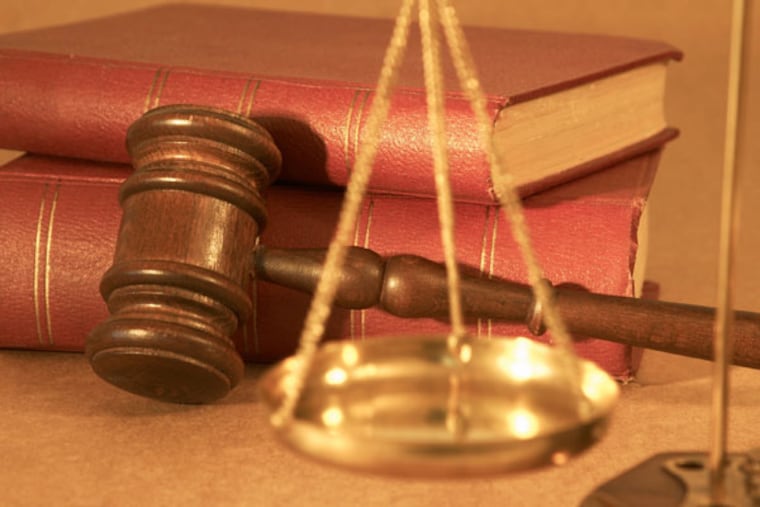Not just junk in mail
This nation's first Supreme Court was an appointed court. President George Washington selected John Jay of New York as its first chief justice and, as his associates, John Blair of Virginia, William Cushing of Massachusetts, James Wilson of Pennsylvania, James Iredell of North Carolina, and John Rutledge of South Carolina.

This nation's first Supreme Court was an appointed court. President George Washington selected John Jay of New York as its first chief justice and, as his associates, John Blair of Virginia, William Cushing of Massachusetts, James Wilson of Pennsylvania, James Iredell of North Carolina, and John Rutledge of South Carolina.
That first panel, established by Congress in 1789, set the standard not only for its successors, but for each state supreme court as it was created. There have been many honorable courts along the way, and many distinguished justices.
In that context, consider today's Pennsylvania Supreme Court, which has been shaken by a scandal involving scatological e-mails.
It doesn't end there. The revelation of the pornographic e-mails uncovered what is possibly an even more egregious offense: At least one justice may have also exchanged e-mails with prosecutors concerning cases before the court. Such ex parte conversations are forbidden by ethics rules to avoid an appearance of prejudice.
Justice Seamus McCaffery resigned on Oct. 27 after confirming reports that he used a personal account to send or receive 234 sexually explicit e-mails. The Inquirer had previously reported that at least 10 of the e-mails were sent to an agent in the Attorney General's Office who shared them with colleagues.
The e-mails were among about 4,000 traded by state employees and discovered by Attorney General Kathleen Kane's office during a review of Penn State child predator Jerry Sandusky's case. Kane released some of the X-rated e-mails. But she needs to make all of the messages public to determine what else judges and prosecutors may have discussed.
The same request was made last week by a coalition of legal experts in a letter to Kane and Chief Justice Ronald D. Castille. The letter noted that Kane, in releasing some of the explicit e-mails, asserted that "it is in the public's interest to have a good understanding of how its public servants conduct their business." For that very reason, all of the e-mails should be released.
It could be that the unrevealed correspondence concerned only legitimate matters for the court and state prosecutors to discuss, such as scheduling or other logistical issues. But the only way for that to be known is for the content of the e-mails to be disclosed.
Meanwhile, Pennsylvanians again must consider the consequences of choosing justices by popular vote. A 2012 study showed that in two of three cases before the Supreme Court, a litigant had given a campaign contribution to at least one justice. Evidence continues to accumulate in favor of a merit-selection process to choose the state's top judges.